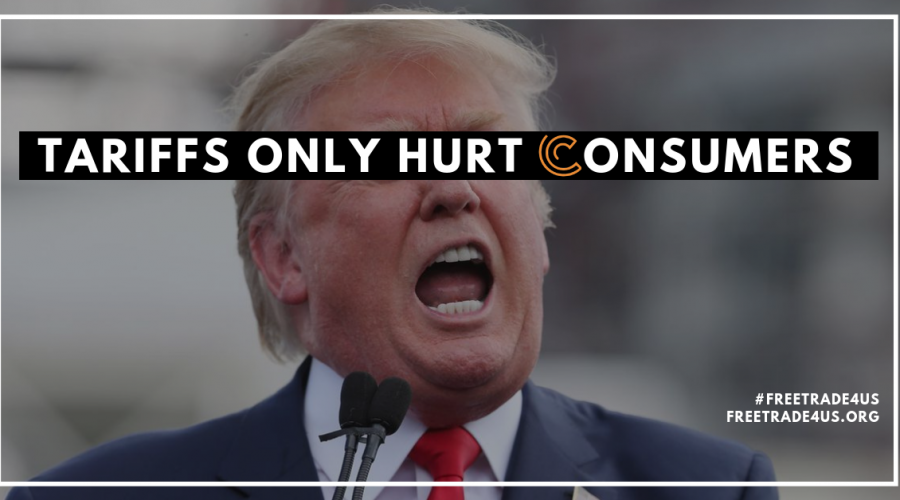#Environment needs saving through innovation, not starvation
As the winter times come closer, people resume their arguments about the thermostat at home. While there is great convenience that comes with heating, it also comes at an environmental cost. Environmental protection and development are, undoubtedly, both a necessary and noble cause, and while we may sometimes disagree with the fearmongering or reactionism that comes with eco-politics, it’s a wonderful thing to see consumer preferences gravitate towards greener alternatives, writes Bill Wirtz.
It is through changes in consumer attitudes that force innovations to become safer, more sustainable, and just generally ‘green-er’. The same however also applies to price: as companies attempt to reduce prices, their incentives force them towards the use of less energy. This is what we’ve seen happen to cars, which have seen fuel efficiency double since the 70s, or air travel, which has seen 45% less fuel burn since the 1960s.
The beauty of consumer-driven innovation is that it comes naturally through the marketplace. In the area of food, we’ve seen immense strives towards safer, more affordable, and less energy-consuming crops. With current agro-tech innovations, like through gene-editing, this becomes a promising prospect. However, the political world seems unimpressed with innovation, and more interested in reacting to fear-mongering. Nowhere are the dangerous effects of this felt more than in the developing world. Advanced countries with good intentions ignore the needs and abilities of poorer nations in the name of pretended environmental protection.
Take, for instance, a recent conference, jointly held in Kenya by the UN’s Food and Agriculture Organisation (FAO) and the World Food Preservation Center. The ‘First International Conference on Agroecology Transforming Agriculture and Food Systems in Africa’ aims to implement the policies of ‘Agroecology’ throughout the continent.
The “agroecology” touted by the conference refers to a more ‘organic’ style of farming, one that is free (or, at least, less dependent upon) synthetic fertilisers and pesticides. In many parts of Africa, where this conference had its attention, this could have devastating. It should come as no surprise that agroecological methods of farming are, typically far less efficient than the modern, mechanised alternative (a conclusion reached in a study performed by agroecological advocates).
On a continent that has long been plagued with poor economic growth and, far more seriously, severe famines and food shortages, taking the risk of switching to less-productive methods in the name of the environment would be blind to the necessities of a developing economy. Viewed simply, one could easily label this worldview and prescription as arrogant. If people in developed countries (or anywhere else for that matter) wish to establish an organic, agroecological farm to promote a more environmentally-friendly system, then more power to them. But we simply cannot expect this to apply to developing countries such as those in Africa. Bringing sustainable practices and technologies to the developing world should be achieved through increased scientific innovation, stimulating economic growth and development.
Following Brexit, the UK will be in an ideal position to do this without the restraints of the EU’s Common Agricultural Policy and biotech regulations, which has made trade with farmers in developing countries, as well innovative crops domestically, impossible to achieve. While the hearts of those arguing for “agroecology” are certainly in the right place, we need to understand that their suggestions threaten the chances of developing economies to grow and develop.
Originally published here.
The Consumer Choice Center is the consumer advocacy group supporting lifestyle freedom, innovation, privacy, science, and consumer choice. The main policy areas we focus on are digital, mobility, lifestyle & consumer goods, and health & science.
The CCC represents consumers in over 100 countries across the globe. We closely monitor regulatory trends in Ottawa, Washington, Brussels, Geneva and other hotspots of regulation and inform and activate consumers to fight for #ConsumerChoice. Learn more at consumerchoicecenter.org.










